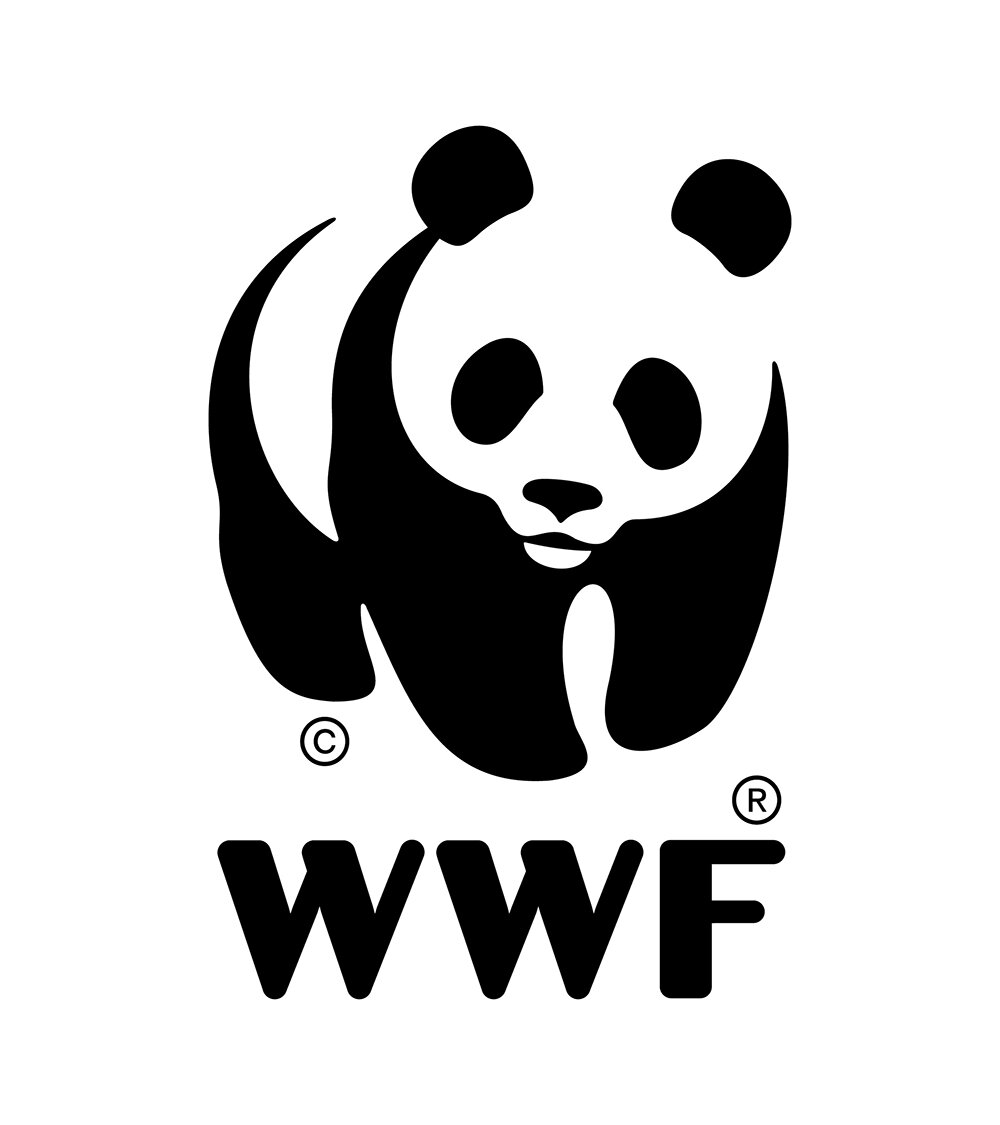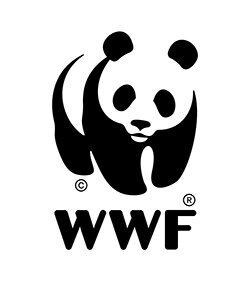Conservation Impact Grants: Innovative projects to reduce bycatch risks for cetaceans
Photo © Richard Barrett / WWF UK
In 2020, in response to growing cumulative impacts to cetaceans worldwide, WWF launched the Protecting Whales and Dolphins Initiative – a global conservation programme to equip experts, industry, policy makers and governments with tools and solutions to safeguard cetaceans for future generations.
To help boost these efforts, we are inviting individuals, organisations and institutes to submit their best conservation project ideas to inform a policy action or management outcome to mitigate growing bycatch of cetaceans. Outputs from projects can include helping to develop policy, advocacy, inclusive conservation, and/or contribute to local capacity building. Globally, an estimated 300,000 whales, dolphins and porpoises are killed each year as a result of fisheries bycatch.
This year, a total of A$100,000 is available with a series of grants ranging from A$10,000 up to A$40,000.
Our main goal is to help contribute to achieving IMPACT. Tell us how your project will make a difference and how we can work together to communicate it and the outcomes to the public and policymakers.
Funding can contribute a range of projects including testing new ideas or long-term studies. Previous funding by the Initiative has been awarded a range of activities including providing field equipment such as satellite tags and drones for conservation science projects, analysis to identify critical habitats, working with local communities on co-developing solutions to mitigate bycatch for small cetaceans and help inform major marine protect area proposals.


